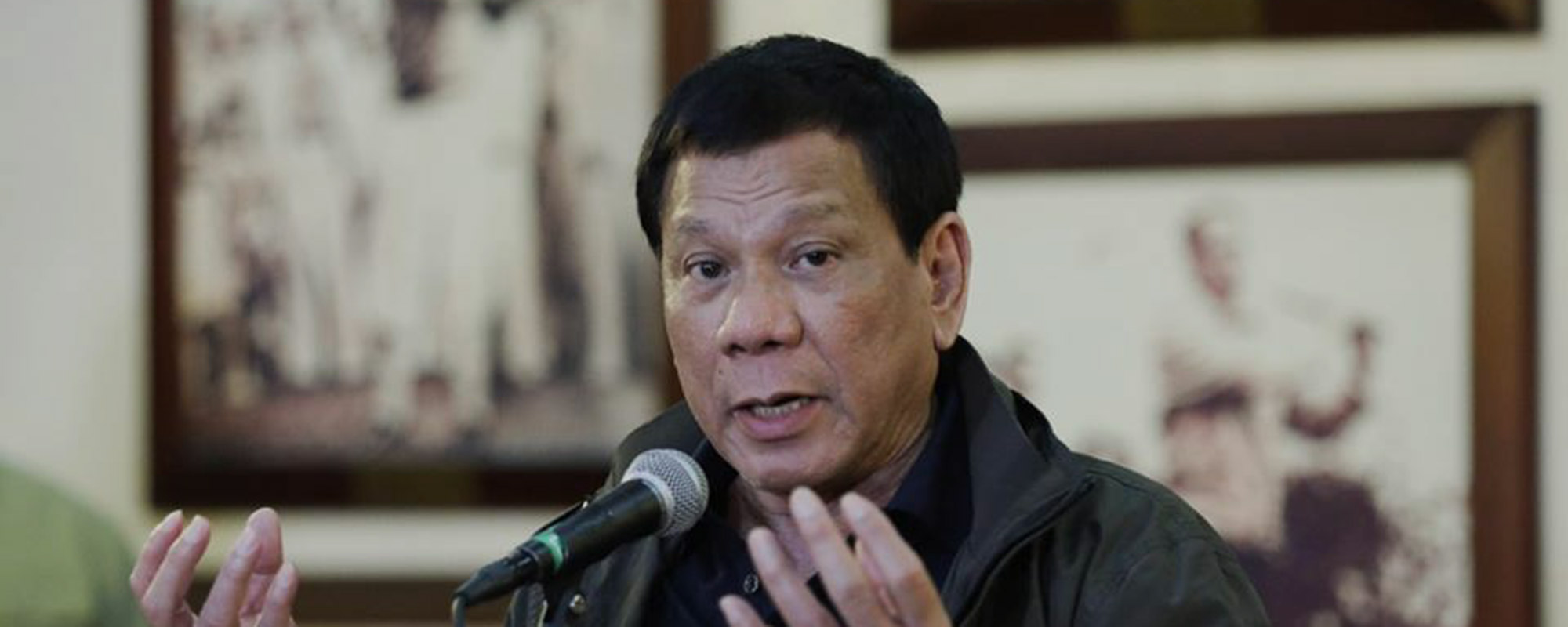On corruption and mass protests: Interview with Prof. Jose Ma. Sison
Three years into the administration of Benigno S. Aquino III, the still unraveling multi-billion pork barrel scam is the biggest scandal to hit a presidency that claims to stand for “clean governance.” The involvement of senators, congressmen, and even Palace officials in the scam, as well as Aquino’s refusal to abolish the pork barrel system, […]


Three years into the administration of Benigno S. Aquino III, the still unraveling multi-billion pork barrel scam is the biggest scandal to hit a presidency that claims to stand for “clean governance.” The involvement of senators, congressmen, and even Palace officials in the scam, as well as Aquino’s refusal to abolish the pork barrel system, led to a massive street protest last August 26, attended by hundreds of thousands of Filipinos from all walks of life. It is clear that the people want justice, and an end to government corruption. But how can such be achieved?
Pinoy Weekly interviewed Prof. Jose Maria Sison, chief political consultant of the National Democratic Front of the Philippines (NDFP), on his thoughts on corruption and the mass protests spawned by the pork barrel scam. The NDFP, which wages a struggle for national democracy, has consistently held the view that corruption is systemic in a government controlled by the ruling classes, a root problem that it calls “bureaucrat capitalism” in Philippine society.
Pinoy Weekly (PW): As someone who has closely followed social and political developments in the Philippines, what is your take on the recent explosion of protests nationwide calling for the abolition of the pork barrel system?
Jose Ma. Sison (JMS): The broad masses of the people are outraged by the huge proportions of the corruption in the pork barrel system and have engaged in protest mass actions nationwide to call for the abolition of the pork barrel system.
The popular sense of outrage is intensified by the exposure of the Aquino regime as a hypocrite, pretending to be honest and clean, supposedly on the straight path, while covering up the continuity and aggravation of corruption in the ruling system.
PW: Where do you think these protests would lead to?
JMS: The protests should become sustained, more widespread and more militant to expose the corruption of the Aquino regime in the use of the pork barrel system and in other forms of corruption and to call for the ouster of the regime and punishment of the corrupt in both the executive and legislative departments.
The people should struggle to condemn the entire rotten ruling system and demand a fundamentally better social system of national independence and genuine democracy, liberated from foreign monopoly capitalism, feudalism and bureaucrat capitalism.
PW: Do you think the President and Congress, both the Lower and Upper Houses, would concede and seriously abolish the pork barrel system? Would this not, in effect, curtail the powers of the executive and legislative branches of government? Assuming that they do, what would the impact be on the current political system?
JMS: The President and Congress resist the people’s demand to abolish the pork barrel system. And they will always find ways of satisfying each other’s greed by adopting general terms for lump sum appropriations which allow sharing of the spoils of power. For instance, they will use reasonable lump sum appropriations for natural disaster relief to argue for and justify many unjustifiable lump appropriations.
The current trend is for the President to monopolize the pork barrel, stay as the pork barrel king and make the senators and congressmen pass through the loyalty test to get their share of the loot. The pork barrel system is a way for the ruling politicians to recoup their investments in electoral contests and to further enrich themselves.
PW: Do you share the views of others that the Napoles scam is just the tip of the iceberg? On the other hand, how far do you think would the government go in prosecuting Napoles and her cohorts especially in Congress?
JMS: I share the view with Solita Monsod and others that the Napoles scam is just a tip of the iceberg. This involves some Php 10 billion involving a number of years. It is just a part of the current Php 25 billion pork barrel for Congress and the colossal Php 1.3 to 1.5 trillion pork barrel of the President.
It remains to be seen whether the Aquino regime will really go after Napoles and the senators and congressmen who are her accomplices in inventing fake projects and using fake NGOs. Napoles has been arrested for illegal detention and not for the pork barrel scam.
PW: How do you think would the pork barrel scam impact on President Aquino’s ‘matuwid na daan’ campaign?
JMS: The pork barrel scam has implicated Aquino as the pork barrel king. The Napoles scam has gone on for years with the complicity of executive officials in the Aquino regime. Look at the way they have exposed themselves in arranging the so-called surrender of Napoles and the royal treatment given to her.
The matuwid na daan slogan of Aquino is itself a scam. It is a swindle. But unwittingly, Aquino has admitted that corruption has become bigger under his regime because the poor have increased tremendously.
PW: Some sectors, including political scientists themselves, believe that the problem is not so much the pork barrel system but its misuse; and that the pork barrel has to some degree served the needs of constituents such as access to medical, livelihood and other social needs. So why not institute controls, rather than abolish it?
JMS: In a system that truly serves the people, the funds should go to the departments, agencies and institutions concerned for clear and specific purposes, such as industrial projects for the purpose of development, assistance to production cooperatives, livelihood projects and such social services as health, education, social housing and so on.
The President no less should be prevented from stealing and using public funds for political patronage under the cover of lump sum appropriations and sole discretion with no effective oversight and restraint. Actually even the special purpose funds for the congressional pork barrel are under the control of the President. His executive department is complicit with Napoles and her congressional partners.
PW: Corruption in the bureaucracy has always been endemic. Even so-called socialist countries have their share in corruption. So how, from the NDFP’s point of view, could corruption be prevented, curtailed or abolished?
JMS: Corruption in the bureaucracy of the big comprador-landlord state is indeed endemic. This is called bureaucrat capitalism. The politicians of the big compradors and landlords use their public offices as their own private enterprises for self-enrichment. In truly socialist societies, corruption is ended. But when revisionist bureaucrat capitalists take over, they engage in corruption and cause social retrogression on the road of capitalism.
Proletarian revolutionaries should learn how to prevent revisionism and bureaucrat capitalism from arising in socialist societies. Mao has provided the theory and initial practice of using mass supervision, mass actions and the cultural revolution to prevent revisionism and the restoration of capitalism. Corruption is not an incurable disease. It thrives most where class exploitation is the rule and is systematically carried out by the imperialists, big compradors, landlords and high bureaucrats.




